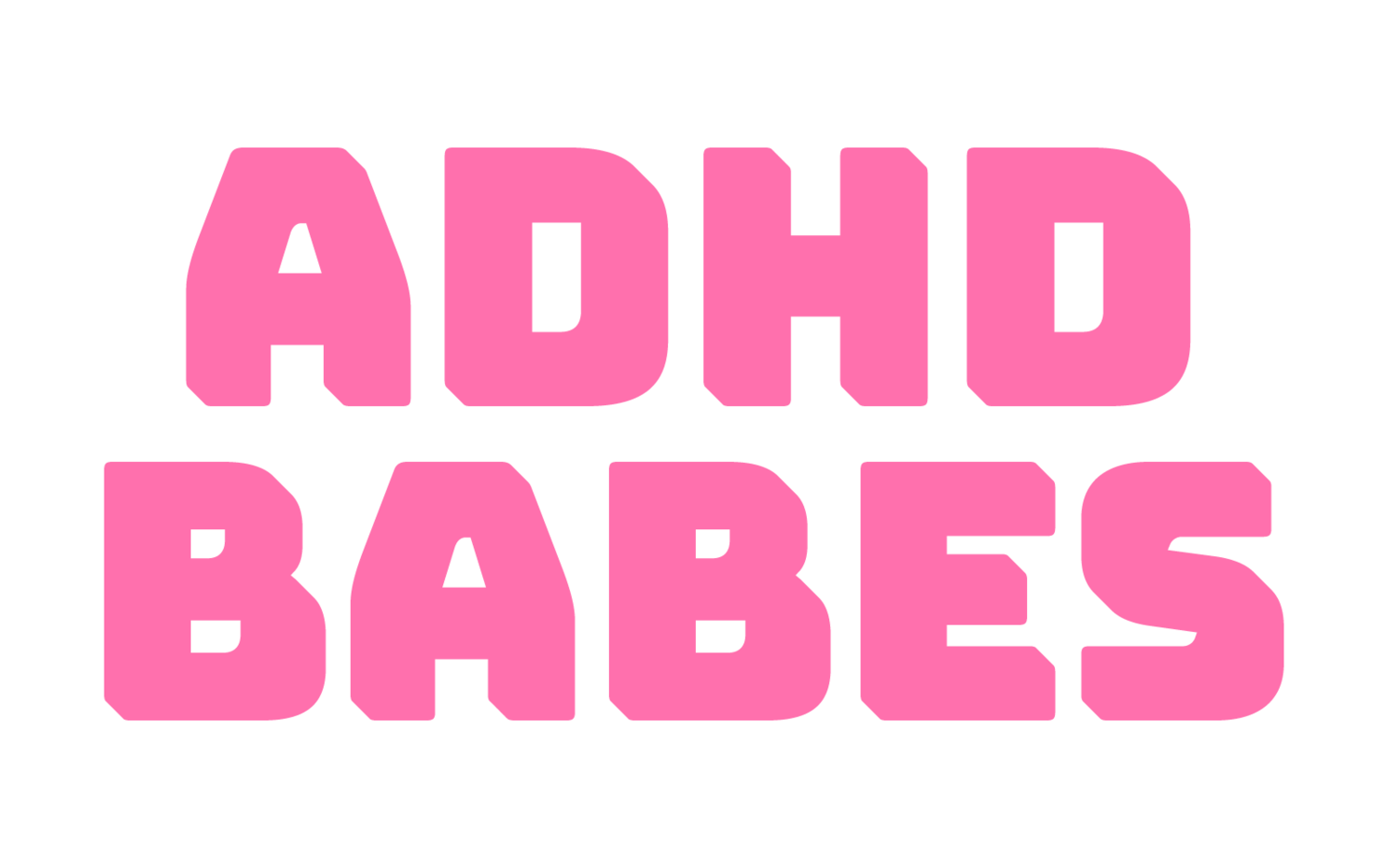#SickleCellAwarenessMonth: My lived experience
To say that Sickle Cell Disease (SCD) is a force to be reckoned with, would be a complete and utter understatement. Living with the condition has been such a life altering experience and has never failed to throw me a curveball.
In short, SCD is a genetic blood disorder that affects the red blood cells, causing them to become abnormally shaped and makes it extremely difficult for them to travel around the body. The ‘’sickled’’ blood cells disrupt blood flow when they become clumped together in the blood vessels and this brings about many serious and life-threatening complications. A major symptom associated with SCD is something known as a Sickle Cell Crisis which causes immeasurable amounts of pain all over the body and is highly distressing.
At around the age of 10, I had my first Sickle Cell Crisis which was a deeply traumatic ordeal to say the least and served as my entry point into the world of chronic and acute pain.
Personally, SCD feels like a condition you can never fully adjust to because of its unpredictable nature and even on the ‘’good’’ days, there are many other symptoms we come up against. It forces you into a perpetual state of angst as a lot of the time there can be no prior warning to when a Sickle Cell Crisis decides to disrupt your whole existence. In the moments where the aches are so debilitating, you have no other choice but to release all sense of control of your body and ride out the pain as much as possible.
When I reflect on the ways in which SCD has affected my life it really is a mixed bag. In some capacity, it feels like I have been dealt these cards that not only affect my own quality of life but have led me to ruminate on how my genotype may impact future relationships and family planning choices. On occasion I have received subpar medical treatment with some encounters showing tell-tale signs of racial discrimination and this has definitely left me feeling dehumanised at my most vulnerable states. With all of this this, you can slowly become jaded by stigmas attached to the condition. I know I am not alone when I say navigating NHS services can feel like an extreme sport and having to question whether taking a trip to the hospital during a crisis is worth it, is deeply saddening.
Looking back, I can now see that to an extent SCD is largely viewed as a physical illness, but the toll it has taken on my mental and emotional wellbeing is indisputable and something we need to make more room for when discussing its impact.
On the flipside, if I were to consider whether there were any silver linings when speaking on my experience with SCD I would acknowledge how coping with the challenges has provided an undeniable sense of resilience and given me more reasons than one to offer myself continual self-compassion. I have also learned that in my case, self-care is not an option but rather an obligation and for me this looks like staying hydrated, reducing stress, getting proper rest, exercising when I feel up to it and going to therapy just to name a few. Implementing these things into my life and being conscientious of my particular triggers has helped me manage my overall wellbeing and my Sickle Cell symptoms to the best of my ability.
September marks Sickle Cell Awareness Month with the aim of amplifying information on Sickle Cell Disease as well as the trait and how people can support these ongoing efforts. ADHD Babes have partnered with Tiimo (a visual daily planning app) to facilitate an awareness campaign which will involve hosting a blood drive to encourage members of the Black community to give blood. This will take on the 25th of September and more details will be provided soon. As someone who has been a recipient of blood transfusions in the past, I cannot emphasise its importance and the increased demand to receive blood from individuals who closely match our blood types. This is a significant way in which the lives of those who live with SCD and rely on blood donation can be positively impacted. On top of this, a special ADHD Babes podcast episode will be released where I openly talk about how my Sickle Cell symptoms affect my day-to-day life and the overlap with my recent ADHD diagnosis. Please do check it out and share the episode far and wide!
On a final note, Sickle Cell Disease remains to be one of the most prevalent genetic conditions that affects many across the globe. For this reason alone, there is an urgency to fill gaps in knowledge and really highlights the importance of this campaign. Better education leads to more understanding and breaks down rigid perceptions which influence patient care and our general experiences.
I would like to extend love and compassion to anyone affected by Sickle Cell Disease in any capacity. Thank you for reading! x


